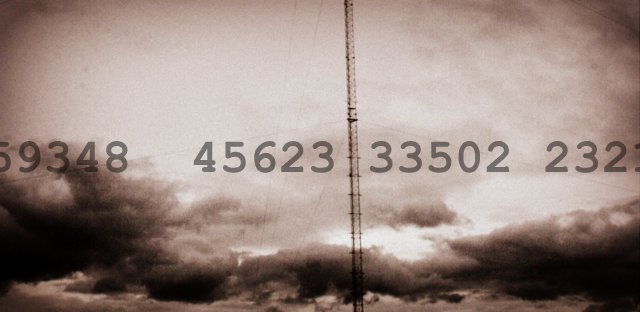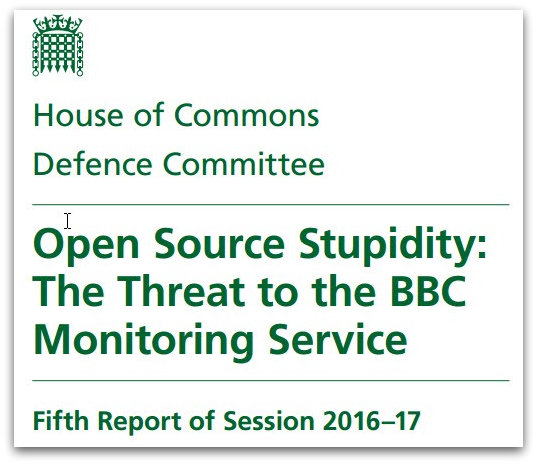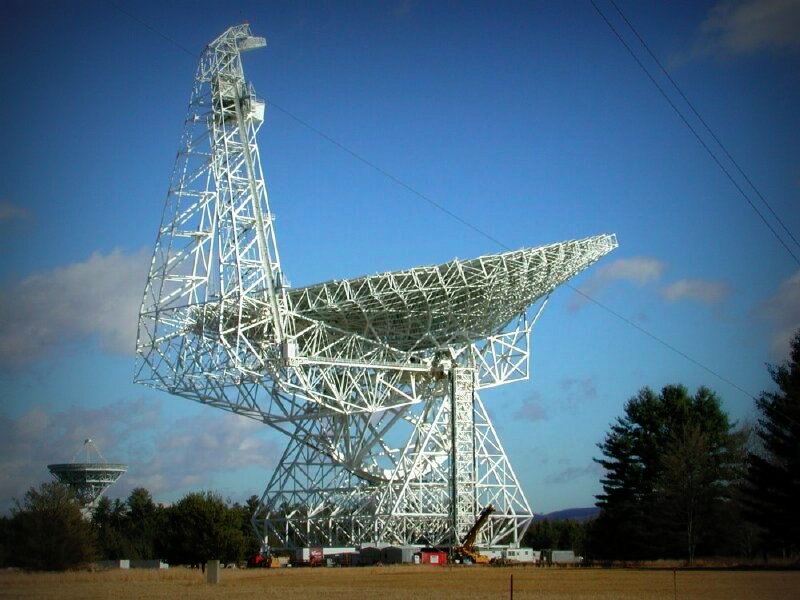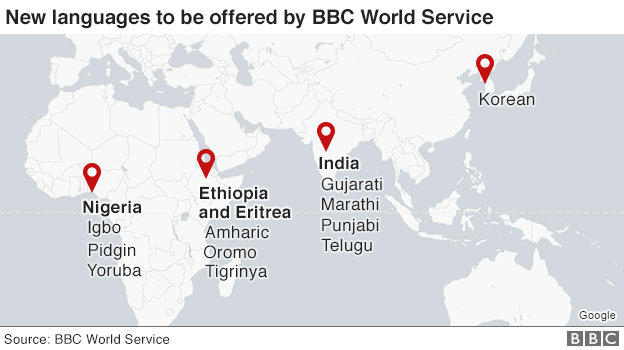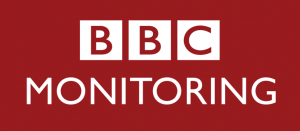(Source: BBC Media Centre)
BBC makes 1920s Radio Times magazines available to public
The BBC is making the earliest issues of the complete Radio Times magazines publicly available online for the first time. This release is part of the BBC Genome Project – a digitised searchable database of programme listings – from 1923 to the end of 2009.
BBC programme records have been available to the public via the BBC Genome Project since October 2014. Now, users can access digitised editions of the magazines from 1923-1929. Opening up this archive means researchers will be able to make direct links between the listings in the database and the original published listings.
Early colour front covers, specially commissioned illustrations and letters from the BBC’s first radio audience form part of the content in this fascinating record of early broadcasting.
Radio Times began in 1923, a year after the British Broadcasting Company started regular broadcasts, and thus provides a valuable record of the programmes that have been broadcast over nine decades.
More than five million programme records, scanned from Radio Times magazines, form the backbone of the BBC Genome website. Now, members of the public will be able to view the 1920s listings in facsimile, as well as all the extra material contained in articles and features in the magazine that have previously been unavailable on the site.
Hilary Bishop, Archive Development Editor, says: “We are particularly pleased that it is easy for our users to flick between the listings in the database and the related text in the magazine, as well as to scroll through articles not seen previously on BBC Genome. It is part of our commitment to continually improving BBC Genome and helping to open up the BBC’s archives as much as possible.”
Radio Times in the 1920s featured regular articles by the first Director General of the BBC, Lord Reith, and the BBC’s chief engineer, Peter Eckersley, addressing topics that concerned the BBC audience of the time, such as how to choose the best ‘receiving set’ and how to prevent ‘oscillations’ over the airwaves.
Articles, cartoons and programme listings all provide an insight into the history of broadcasting and the BBC’s first listeners, while adding some context, for a modern audience, to the earliest BBC programme records. The first editions of Radio Times show a nation still enthralled by the technological wonder of the new ‘wireless’ sets.
In each edition for the first few years of publication, cartoons explored the comic possibilities of a public who still didn’t quite understand how radio worked. “Would you kindly remove your hat madam?” asks a man at a ‘wireless village concert’. Yet the performer on stage is a radio set.
As the public wrestled with their new radio antennae, legendary cartoonist W. Heath Robinson illustrated two editions with eccentric designs of aerials.
Other historical snippets include a ‘new experiment’, in 1924, to broadcast a programme from California, to London. The exercise was to be repeated in the opposite direction. “If suitable conditions exist in the atmosphere”, concludes the article, “there is no reason why the experiment should not be successful”.
You can access the digitised 1920s magazines at: http://genome.ch.bbc.co.uk


